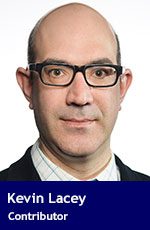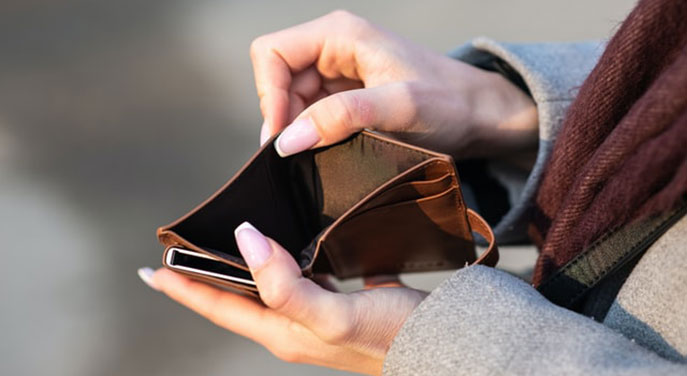 Another year and another New Year’s dominated by COVID-19. Restrictions on hockey games, travel and even community gatherings lead the news. While that diverts our attention, politicians are nickel and diming us with higher taxes.
Another year and another New Year’s dominated by COVID-19. Restrictions on hockey games, travel and even community gatherings lead the news. While that diverts our attention, politicians are nickel and diming us with higher taxes.
In 2022, we’ll pay higher income taxes, carbon taxes, property taxes and even higher taxes for a bottle of booze.
Politicians will tell you: don’t worry about it, these increases are small and you probably won’t even notice it. But their tax hikes add up.
The Alberta government is increasing its tax take in 2022 through a sneaky income tax hike known as bracket creep. Bracket creep occurs when governments stop moving their tax brackets with inflation, and taxpayers get bumped into higher tax brackets even though they can’t actually afford to buy more.
Premier Jason Kenney introduced bracket creep in his 2019 budget, despite promising not to raise taxes only a few weeks before.
This year, bracket creep will cost each Alberta taxpayer between $44 and $141, depending on their income. That may not sound like a lot but consider this: when you add together previous years’ increases since 2020, your tax bill will be between $105 and $331 higher just because the government didn’t index its tax brackets.
Kenney knows better than most how bracket creep eats away at taxpayers’ wallets. When Kenney was a member of Parliament he wrote a column in the Calgary Herald bashing the federal government’s bracket creep as a “hidden and regressive tax grab.” The federal government has stopped bracket creep, but the Alberta government has not.
The federal government is also adding a series of increases that will affect almost anyone earning more than $40,000. The tax rate and maximum earnings for the Canada Pension Plan are both increasing, which means workers and businesses will each pay $3,500 through the CPP tax in 2022. That’s a $333 annual tax hike for each worker making $64,900 or more.
The Employment Insurance tax is also increasing in 2022, costing each worker an extra $63 and each business an extra $89.
The federal carbon tax will also increase to 11 cents per litre of gasoline on April 1. That’s nearly $9 just in carbon tax costs every time a family fuels up their minivan.
But that’s not all. Politicians will be reaching deeper into your wallets every time you buy a six-pack or bottle of wine. Starting on April 1, the excise tax you pay will automatically go up by the inflation rate. Taxes already account for about half of the price of beer, 65 per cent of the price of wine and more than three-quarters of the price of spirits.
Municipal governments are also raising taxes. Calgary is increasing property taxes by 3.89 per cent in 2022 and Edmonton is hiking taxes by 1.91 per cent.
 There is one positive change. Federal income taxes will be lower because the basic personal amount is increasing from $13,808 to $14,398, saving anyone making less than $155,625 about $89.
There is one positive change. Federal income taxes will be lower because the basic personal amount is increasing from $13,808 to $14,398, saving anyone making less than $155,625 about $89.
Bit by bit, politicians are taking more money from your family this year. It could be even worse in the near future. Kenney is set to announce a tax panel to see where he could find more money to pay for ever-increasing government spending. Alberta Finance Minister Travis Toews still hasn’t ruled out a future provincial sales tax.
Even during the pandemic, the average Canadian family paid 36 per cent of their budget to taxes. That’s more than the average Canadian family paid for food, shelter and clothing combined. Do politicians really think increasing their tax-take during a pandemic makes life better for Albertans?
As we look forward to 2022, we need to keep an eye on all the ways politicians already take from us before we let them take even more.
Kevin Lacey is the Alberta Director of the Canadian Taxpayers Federation.
Kevin is a Troy Media Thought Leader. For interview requests, click here.
The opinions expressed by our columnists and contributors are theirs alone and do not inherently or expressly reflect the views of our publication.
© Troy Media
Troy Media is an editorial content provider to media outlets and its own hosted community news outlets across Canada.

